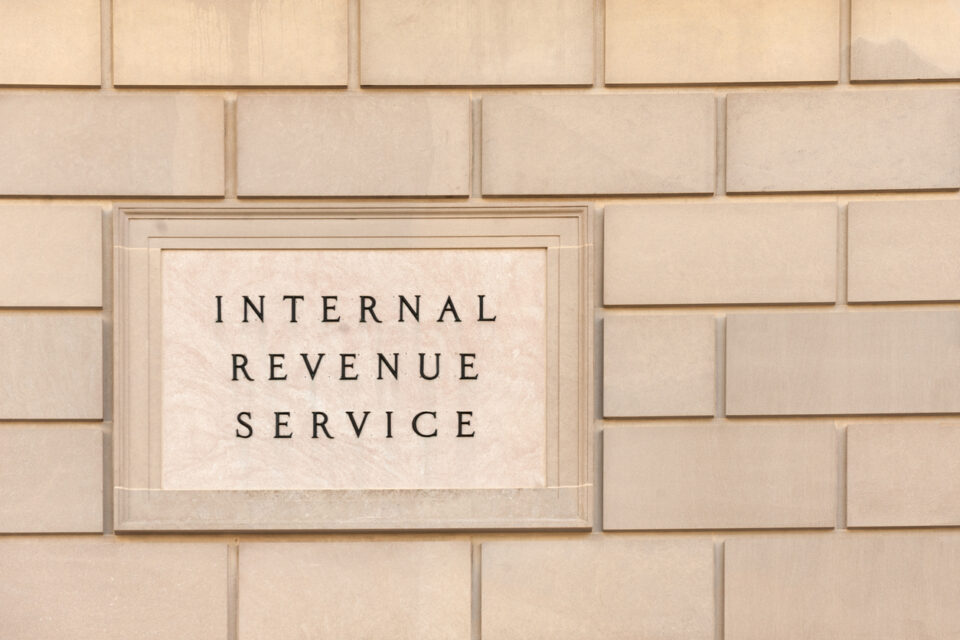IRS Proposes Regulations to Clarify Three-Year Carried Interest Rule Parameters
Date
August 3, 2020
Read Time
2 minutes
Share

On Friday, July 31, the IRS issued proposed regulations to the three-year carried interest rule (Code Section 1061) affirming that the rule does not apply to gains from the sale of most rental real estate investments that qualify as Code Section 1231 property, which is “trade or business” property. In the case of real estate, Code 1231 property generally includes most real estate held for rent, with the notable exceptions of ground leases and single tenant triple net leased property where the landlord does not provide any services, as explained in more detail below.
The carried interest rule was intended to tax carried interests (promotes) at ordinary income rates unless the underlying asset was held for at least three years, instead of using the traditional one-year long-term capital gain holding period.
The carried interest rule “exception” for Code Section 1231 property was considered a technical glitch in drafting, but unlike other technical glitches in the carried interest rule, this one had not been addressed by subsequent technical corrections legislation or by administrative rule.
The proposed regulations provide meaningful reassurance to real estate sponsors who use third-party investor funds that most real estate carried interest gains will be taxed at favorable capital gains rates when the underlying property has been held for at least one year.
With respect to what qualifies as Code Section 1231 property, the proposed regulations do not provide any additional guidance so one must still look to other areas of the Internal Revenue Code for guidance. The typical multi-tenant property where the landlord has meaningful responsibilities for maintenance and repair is at one end of the continuum and generally qualifies as Code Section 1231 property. Ground leases and single tenant triple net leased property are at the other end of the continuum and generally do not qualify as Code Section 1231 property. In addition, a developer’s property may not qualify as Code Section 1231 property when a pattern of development (or the manner of marketing the particular property) suggests that the property was not intended to be operated for investment, but rather was developed primarily for sale.
The Levenfeld Pearlstein Tax Group has considerable experience advising clients on the tax implications of real estate investments, and we can answer any specific questions you might have.